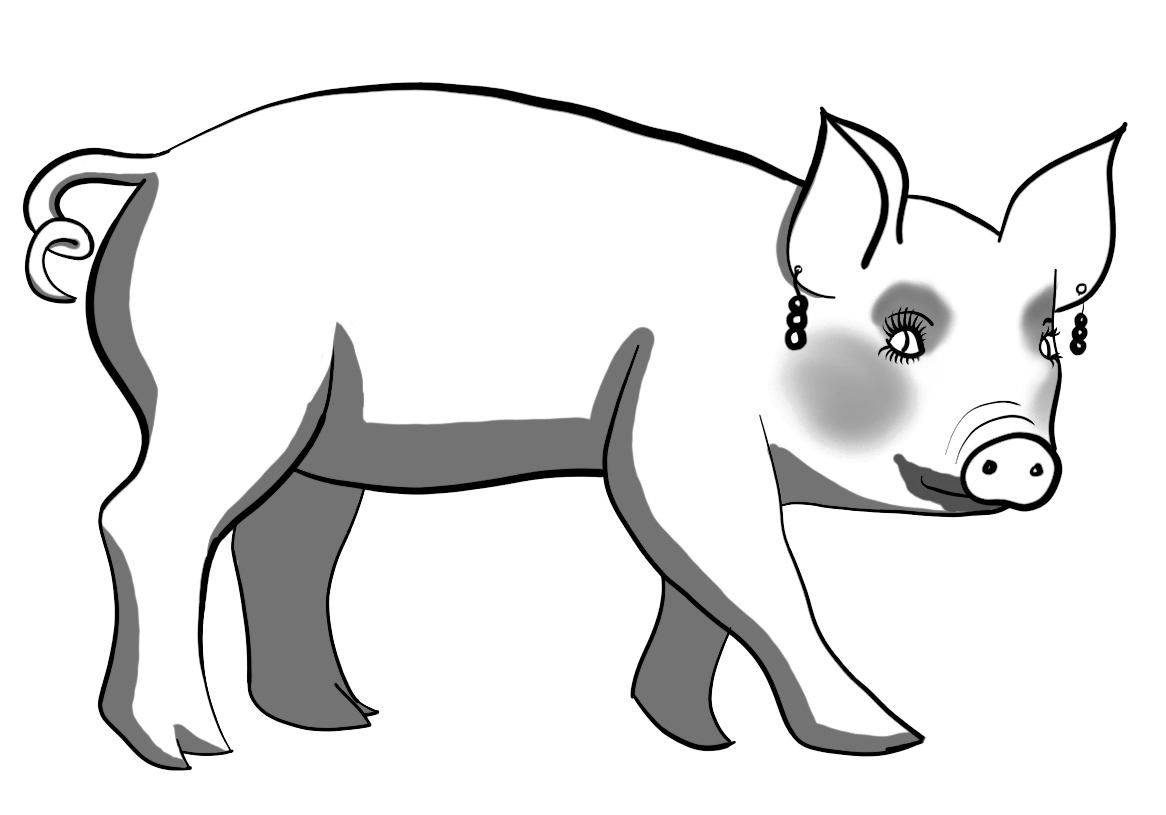
Years ago, Malcolm X was asked: What do you call an educated Negro with a Ph.D.?
His response?
“You call him a nigger, because that is what the white man calls him, a nigger.”
This sentiment still remains true today.
Many Yalies — more specifically, white liberals — claim to champion racial diversity, while spending inordinate amounts of time in fear of not appearing politically c orrect. Take the following examples: The word black is often switched out for African-American. A smiling Native American student is placed next to an Asian student on a brochure in the admissions office. We as Yalies pat ourselves on the back. All the while, faculty diversity on campus and other peer institutions continues to decline as more faculty of color leave. And even Harvard professor Henry Louis Gates ’73 — a man with a Ph.D. — can be arrested on his own front porch for “robbery” simply because he is a black man.
At Yale, we often mull over books with Big Ideas while we sit in grassy courtyards. It’s too easy for us to talk about revolutionary movements using scholarly language without trying to bring those ideas into action. We all have those white friends who can’t stop using the word “anti-blackness” after reading Ta-Nehisi Coates’ “Between the World and Me” — even if they’ve never been to a Black Lives Matter protest. In a struggle to impress our peers, we embellish our sentences with words and phrases like “safe spaces,” “emotional labor,” “agency” and “problematic” until they’ve become devoid of any meaning.
Honestly, how many times have you heard the word “problematic” in the last year? Perhaps more times than you can count.
We are putting lipstick on a pig.
Merely switching out one term for another may make us feel relieved of guilt, although it does little to address why we must use such sanitized terms in the first place. In her New York Times article, “How ‘Political Correctness’ went from Punch Line to Panic,” Amanda Hess writes that it is often “coastal Ivy League whites” who employ pedantic language on social media to absolve themselves of their privilege and “[wield] it against poorer, less worldly and less educated white people.”
Evidently, when we try to valorize our political correctness, without focusing on systemic issues of both race and class, it only further alienates those who don’t have the privilege of a Yale education and further entrenches ignorance. As a result, it is very easy for candidates like Donald Trump to target political correctness as a rallying cry among working-class whites who may feel unjustly shamed simply because they lack “appropriate” vocabulary.
But this alienation extends beyond Trump’s fan base. A student from a working-class background in a seminar may not know what “biopolitics” means if they haven’t been exposed to Agamben or Foucault. I often find it difficult to reconcile my own middle-class background — and my blackness — with many discussions about race on campus. This over-intellectualization in the context of race has always struck me as odd. I am used to speaking in African-American vernacular when I’m around my black peers at home, so hearing a phrase like “safe space” when applied to race is jarring. We must first recognize the role class plays in our language when we seek to form intersectional movements.
This is not to say that we should use racial slurs like Trump has, or completely decry any use of trigger warnings as the University of Chicago has suggested. Rather, my point is that it is important for us to explain what we actually mean when we use common, so- called politically correct phrases. We also must recognize that structural inequality does not dissipate as soon as we use the term African-American instead of Negro.
The next time you’re on the verge of using the word “problematic,” think about why it is actually troubling. Think about what you can do to address the problem — instead of just hiding behind the word itself. After all, a rose by any other name does not make it smell any sweeter.
Isis Davis-Marks is a sophomore in Jonathan Edwards College. Her column runs on alternate Wednesdays. Contact her at isis.davis-marks@yale.edu .







